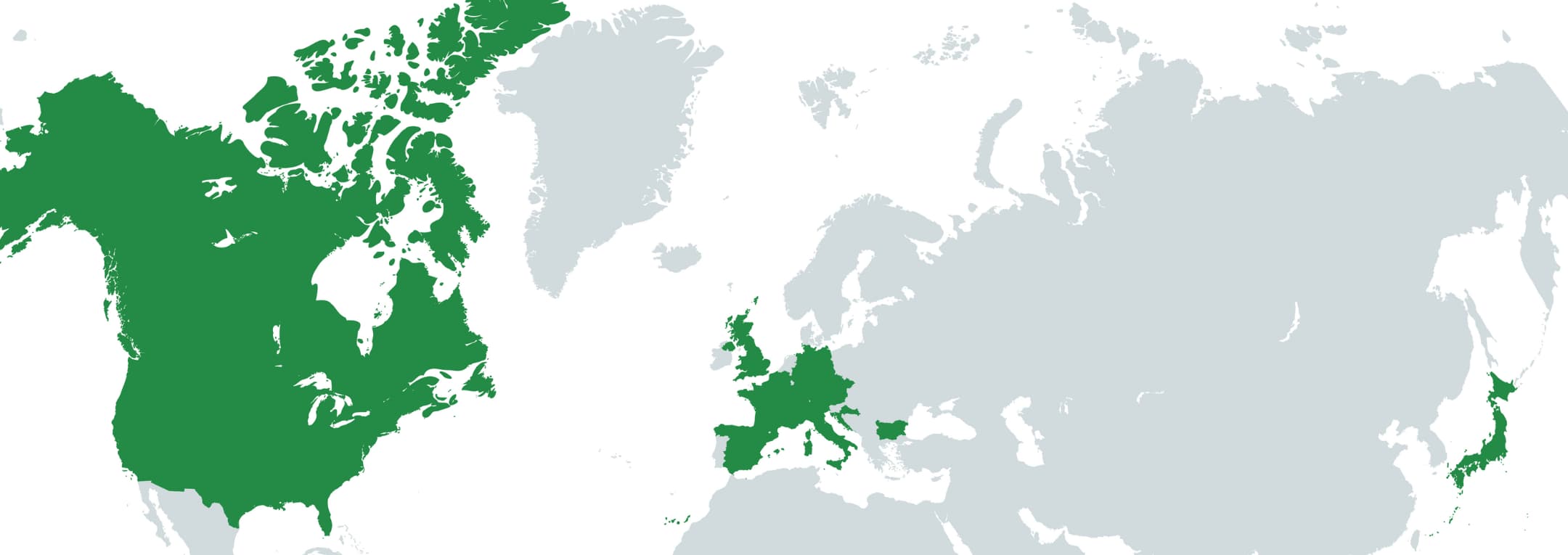Cold-worked metal
The term “cold-worked metal” refers to any metal workpiece that has been physically manipulated below the appropriate recrystallization temperature.
Traditionally, to improve metal physical properties (steel, iron, copper, and aluminum) they are often treated with heat. It undergoes a chemical reaction in which its atoms expand, while treated with heat. The heat treatment as a rule is done in conjunction with cooling.
Metal is rapidly cooled after heating to achieve more desirable properties such as increased strength and durability. Cold hardening, however, is considered a unique metalworking process in which the metal is intentionally exposed to extremely low temperatures.
A metal forming process characterized by the use of ultra-low temperatures to freeze the metal is called cold hardening. Such low temperatures increase the amount of martensite in the metal being worked, resulting in some unique benefits not available in other machining processes.
To perform cold hardening, the metal is first heated using a conventional heat treatment process, then slowly cooled. The metal is held at a stable, cold temperature for up to 24 hours, then undergoes a second heat treatment step to minimize brittleness.
Although cold hardening is a fairly complex and technical process, it provides a number of benefits, for instance, an increase in strength. As the metal’s temperature drops, its atoms are rearranged in a way that the metal’s martensite increases and its austenite decreases. Martensite is an incredibly hard crystalline structure, while austenite is soft and strong.
Metal objects and workpieces are more resistant to wear and tear due to the process of cold hardening. As a result, an increase in the service life of metal objects and workpieces is obvious.
Also, cold hardening helps relieve stress on the metal. As the metal is heated and then rapidly cooled, stresses occur. Cold hardening can eliminate and nearly remove these stresses in order to achieve a uniform homogenous composition.
This process is especially important for equipment and parts used in industries that:
- need to work in extreme conditions like in engines for the aerospace, transportation, or defense industries.
- over thousands of uses must be able to withstand repeated shocks or loads, with no loss in shape or strength, or even minor distortions.
Mirai Intex is proud to participate in new developments and contribute to new opportunities in the industrial processes. We provide our refrigeration equipment that is unparalleled, due to the use of AIR as a refrigerant is the most environmentally friendly, and easy to use.

Start of subsidy program for air cycle technology in Germany
Concern about global warming has generated the necessity to take concrete action to fight back this global climate crisis!
Cooperation between developed and developing countries, clearly demonstrates that global environmental problems can be solved by joint efforts of all countries willing to implement international agreements and to set up subsidy programmes to help carry through green technologies.
The German Federal Ministry for the Environment, Nature Conservation and Nuclear Safety has announced the extension of the programme to subsidise refrigeration and air conditioning equipment using halogen-free refrigerants (known as natural refrigerants) until 31 December 2021.
The previous programme was in place for two years until the beginning of this year, and in addition, to provide subsidies for natural refrigerant-based refrigeration systems, it aimed to reduce the energy consumption of refrigeration and air conditioning systems.
In particular, the programme aims to increase the share of stationary refrigeration equipment using natural refrigerants by installing new systems and modernising old ones.
We, at Mirai, are very pleased to share information about the decision made by the German authority to subsidize air-cycle cooling system. It’s great to see that the fruits of our efforts have been appreciated and noticed – we create only environmentally friendly projects to motivate the whole refrigeration industry to help the world move away from harmful refrigerants and save the planet.
The decision as to whether your company will receive a subsidy is made by the German authorities on the basis of the information you provide about your proposed project. An important factor that influences a positive decision is compliance with the formal conditions for participation in the programme, correct completion of all documents, completeness and relevance of the information, as well as fulfilment of all the necessary requirements for your company to participate in the programme.
In this regard, an important step is to find the right SME finance support and subsidy programme in Germany, which will be suitable for your company and the objectives of your project. You can use our brief manual for better comprehension of the procedure or refer to the main web site of BAFA.
